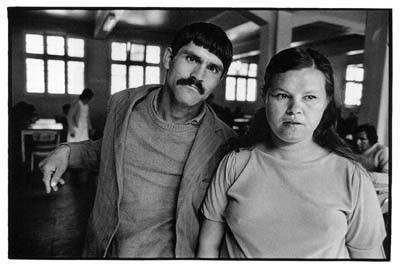Garretón y su Incomplete Democratization

Garretón, Manuel A. Incomplete democracy: political democratization in Chile and Latin America. Chapel Hill: University of North Carolina Press, 2003. En este libro, Garretón sostiene que Chile comenzó su transición durante el plesbicito de 1988, que la democracia se consolidó con el primer gobierno democrático en 1990 (cuando se estableció que no se podía regresar a la dictadura militar) y que el problema es que la democracia chilena es hoy una democracia incompleta, mediocre, con enclaves autoritarios. Cuestiona la idea de la exitosa "doble transición chilena" —a la democracia y al libre mercado— pero se enoja con Moulian y con otros intelectuales de izquierda que niegan que haya habido transición democrática o alternativamente, que ésta haya terminado. Garretón cree que esto último negaría lo específico del concepto de transición y le quitaría sentido a su uso. Para Garretón el desafío es volver a reconstituir al Estado, los actores sociales y los partidos políticos como r...







